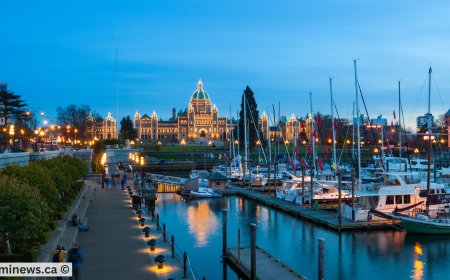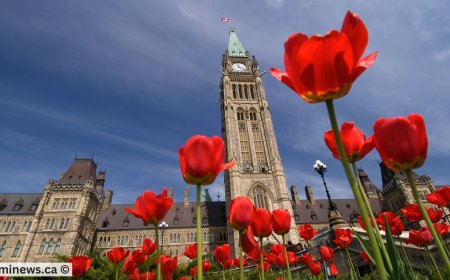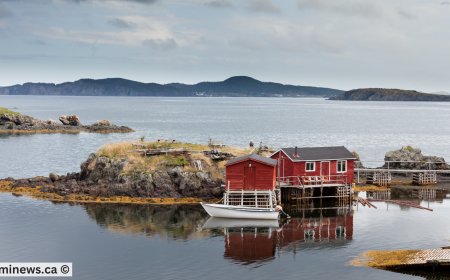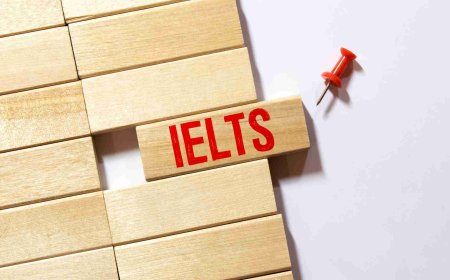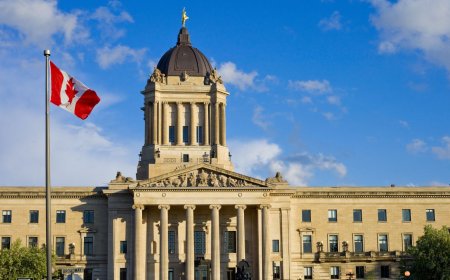Nova Scotia Grants 12,900 Study Permits to International Students
Nova Scotia is set to grant 12,900 study permits to international students in 2024, as unveiled in its recent allocation plan for post-secondary institutions. This figure reflects a decrease of approximately 7,000 permits compared to the previous year.

As of October 2023, Nova Scotia boasted around 16,000 full-time international students enrolled in its institutions. These permits will be distributed among 32 designated learning institutions (DLIs), comprising universities, the Nova Scotia Community College, private career colleges, and language schools. Specifically, the breakdown includes 11,565 permits for universities and the community college, 710 for private career colleges, and 526 for language schools. Additionally, 99 application spaces will be reserved for unforeseen circumstances.
Brian Wong, Nova Scotia's Minister of Advanced Education, emphasized a thoughtful approach in allocating these permits, considering factors like program enrollment and community growth. Despite this, the province aims to advocate for a larger allocation from the federal government.
The federal cap on study permits, implemented on January 22, is part of Immigration Refugees and Citizenship Canada's efforts to stabilize international student numbers and enhance system sustainability. Canada anticipates issuing 360,000 study permits in 2024, marking a 35% reduction from the previous year.
Notably, the cap excludes students enrolled in master's or graduate programs, current study permit holders, and permit renewals. Applicants must now include a Provincial Attestation Letter (PAL) in their study permit applications.
In Prince Edward Island, 2,000 study permits are slated for distribution among three DLIs: College de l’Ile, Holland College, and the University of Prince Edward Island.
Ontario and British Columbia have also outlined their allocation plans. Ontario will predominantly allocate permits to public universities and colleges, while British Columbia is evenly distributing permits between public and private DLIs.
What's Your Reaction?
 Like
0
Like
0
 Dislike
0
Dislike
0
 Love
0
Love
0
 Funny
0
Funny
0
 Angry
0
Angry
0
 Sad
0
Sad
0
 Wow
0
Wow
0
